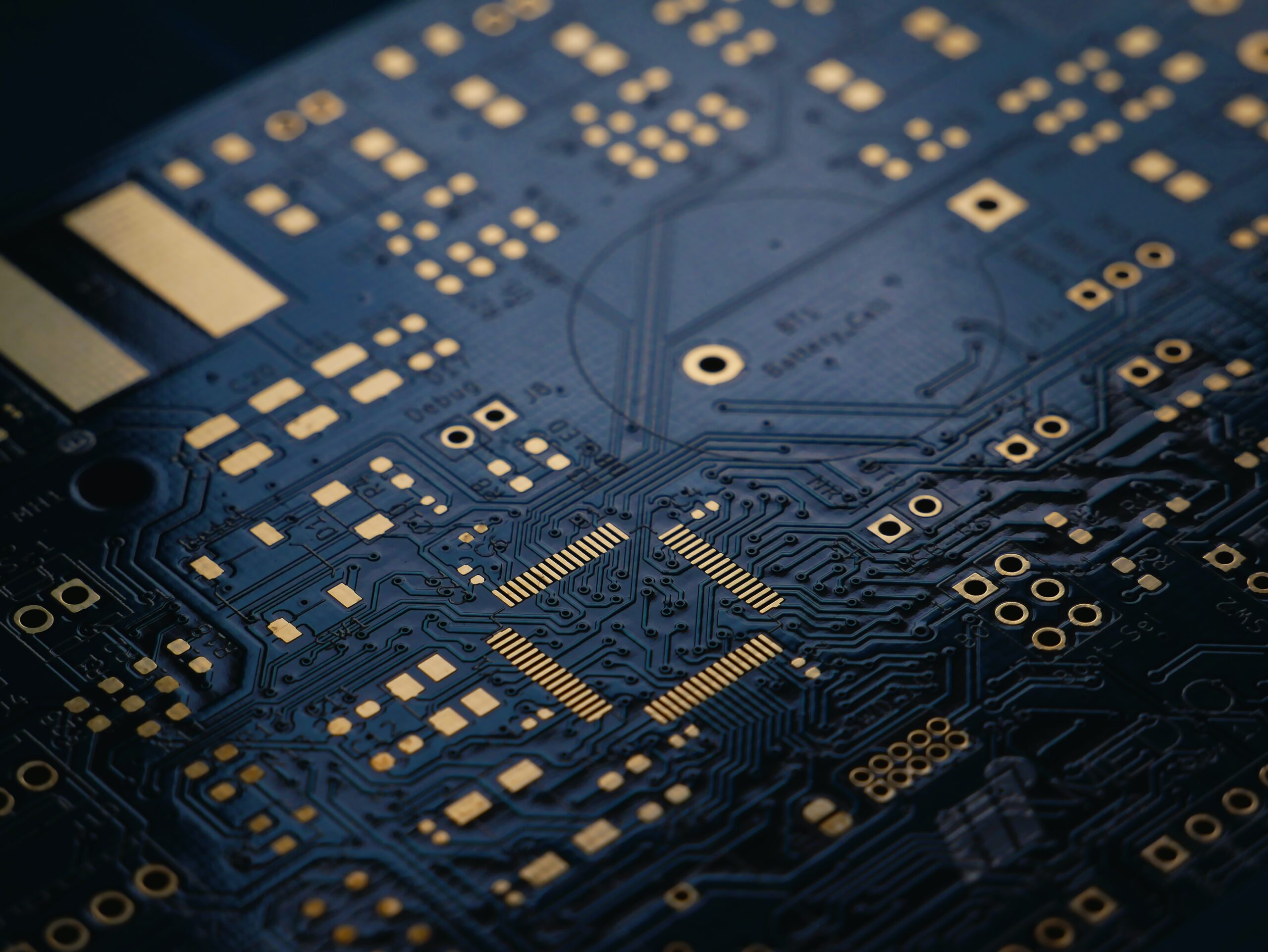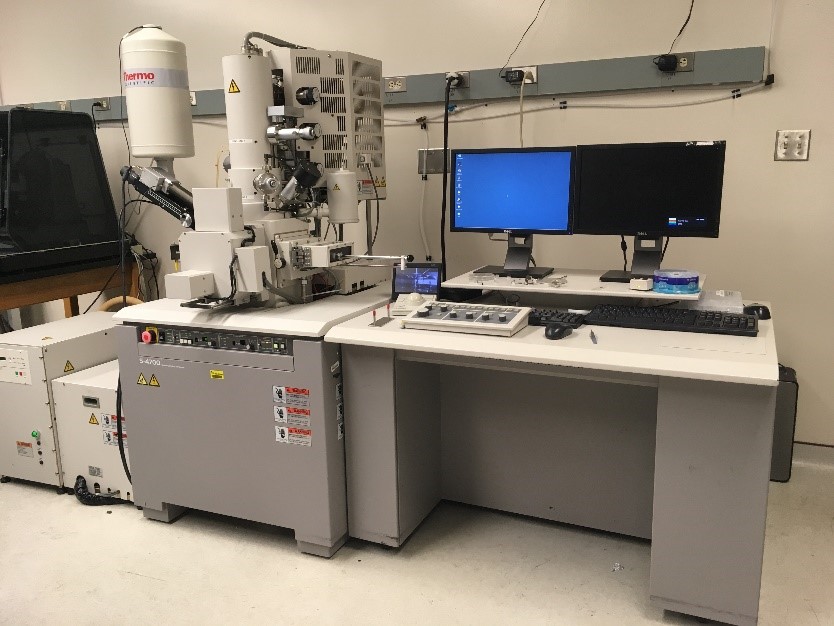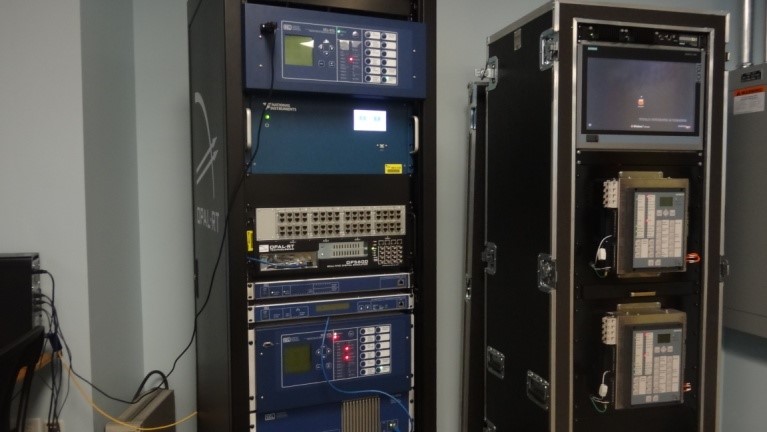Computer Engineering Overview
Computer engineers improve the underlying digital hardware, computing networks and production software systems that impact everyday life. The discipline aims to improve computer efficiency and manage the hardware/software/energy costs of all types of computers, from portable embedded devices and miniature sensor nodes to supercomputers. The work involves mobile and embedded computing devices, sensor networks, reconfigurable logic, software engineering, and computer system design and analysis, and can be applied in a variety of sub-disciplines, including signal processing, cybersecurity, renewable power, biomedical sensing, computer architecture, microwave engineering and antenna design, and more. While computer engineers have less programming experience than computer science graduates, their understanding of hardware gives them an advantage in working with overall systems.
Track Option Course Requirements
Comprehensive
Track
Digital VLSI Circuits Track
For complete information on the degree program, see the UCF Undergraduate Catalog.
For more information on Computer Engineering Track Options, visit the Department of Electrical and Computer Engineering Website.




